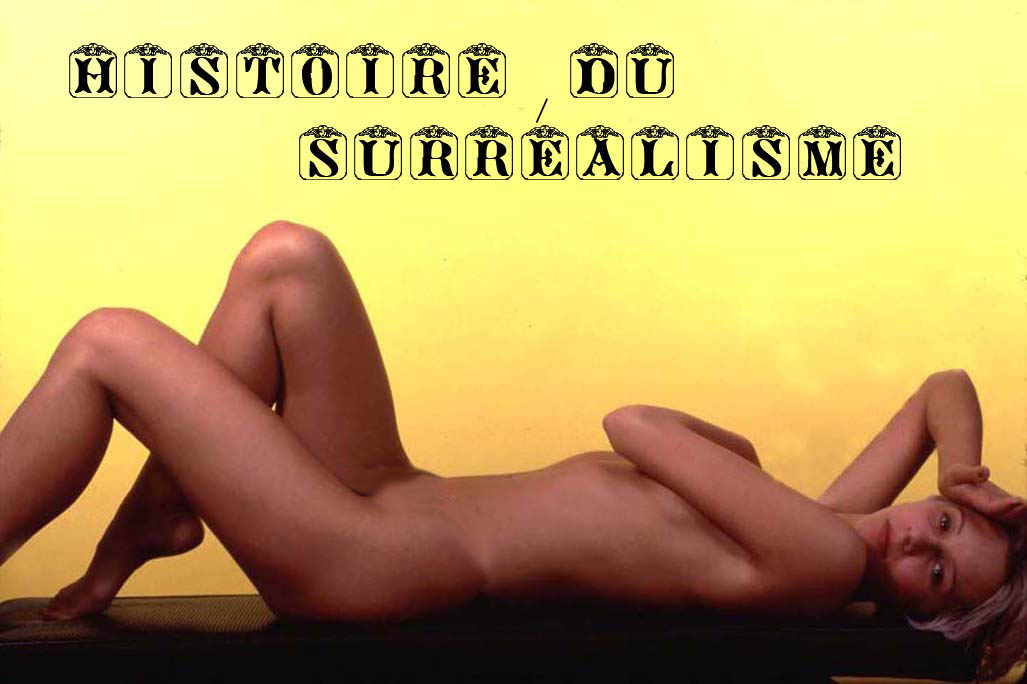|
Maurice Nadeau: Histoire du surréalisme (Editions du Seuil, 1964) Nadeau belonged to the generation immediately following that of the surrealist movement and he wrote from that perspective, namely as an outsider trying to formulate in his own terms, mainly chronological and historical, the workings of surrealism and its adherents. His is a history primarily of Breton and Aragon and their attempts to create a culture related to but independent of the communist movement and its affiliated parties, and also a type of activity whose products were not literature or painting but something more directly related to how one lived one’s life. Surrealism was the dominant cultural force in the years between the two World Wars and its influence extends far into today’s museum art, rock & roll music and philosophers like Foucault. Therefore, the issues Breton and Aragon dealt with remain the central issues of cultural reflection today. There are significant lacunae in Nadeau’s history. The separate excommunications of Artaud and Bataille from the surrealist movement need a fuller narrative than Nadeau’s passing allusions given the importance those two writers have assumed in retrospect. Likewise the significance of Duchamp, whose relations with Surrealism were mostly at arm’s length, and the continuing vitality of Dada are a phenomenon that deserve a narrative to supplement Nadeau’s.
|
Willis Domingo

There are naked women and big words inside. If you are under the age of 18, you do not belong here and should leave immediately by clicking here to exit. If you are an adult and do not wish to see erotic images of any kind or if you are simply stupid, click here to exit.

